A Recommender System (RS), or a Recommendation System is a subclass of information filtering system that seeks to predict the "rating" or "preference" a user would give to an item. Sequence Aware Recommender System (SARS) is a family of RSs that performs recommendation of future sequence of top-k items by finding sequential patterns from the past sequential preference of the users. The majority of research works in this area is focusing on improving the quality by attaining better personalization through context adaptation.
A RS domain may have multiple contexts (e.g. Time, Day type, Season, Location, Weather, Social environment, user-mood, etc.) and that may be of different categories such as static (e.g. gender, movie type, language, etc.), dynamic(e.g. user- mood, weather, season, etc.) and transitional(e.g. time interval, geographical distance, etc.). The major limitations found in Context adaptive SARS models are the lack of efficiency in modelling multiple contexts with individual attention and the difficulty in modelling each category of contexts separately. The existing models are finding patterns independent of their category. The major limitation found in Point Of Interest RSs is that either they focused only on transition contexts or they treat transition, dynamic and static contexts as common. The influence of each category of contexts on user behaviours are on different way. Each category of contexts needs individual considerations during contextual modelling. They focused only on long-term interests of the user. Short-term interests (user intention) may affect recommendation quality, suppose if we are buying a product for friend as birthday gift, the taste of friends is also having to consider along with our own interests. Most of the models are trained from left to right only i.e., future contexts are not considering while modelling a user sequence. The current behaviour of the user has certain connections with their future actions too.
The specific properties of RNN make them suitable for sequence modelling applications. Gated architectures of RNN includes gating units for controlling information flow over the network and makes it suitable for processing long term sequences. The existing RSs are Gated Recurrent Unit (GRU) based and they are only considering either one context or concatenated every context along with the items in the sequential history of the user when come up with CARSs. The research work is focused on the development of effective GRU based context adaptive SARS models which have the capability to handle multiple contexts with individual contextual attention and category specific contextual attention. Moreover, for improving the quality of recommendation, an attention mechanism to give emphasise on the most recent contexts and a sequential modelling technique with two-way (left-to-right and right-to-left) training approach have been employed.

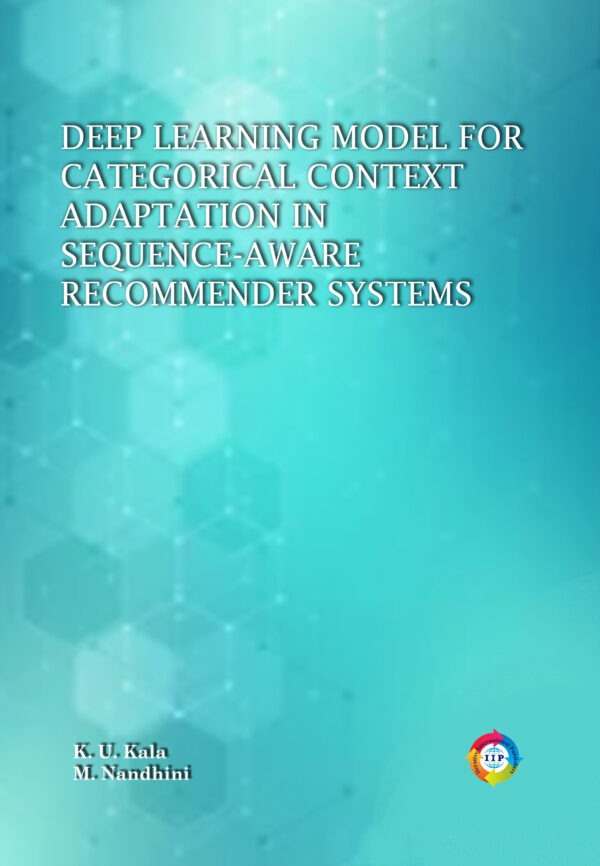
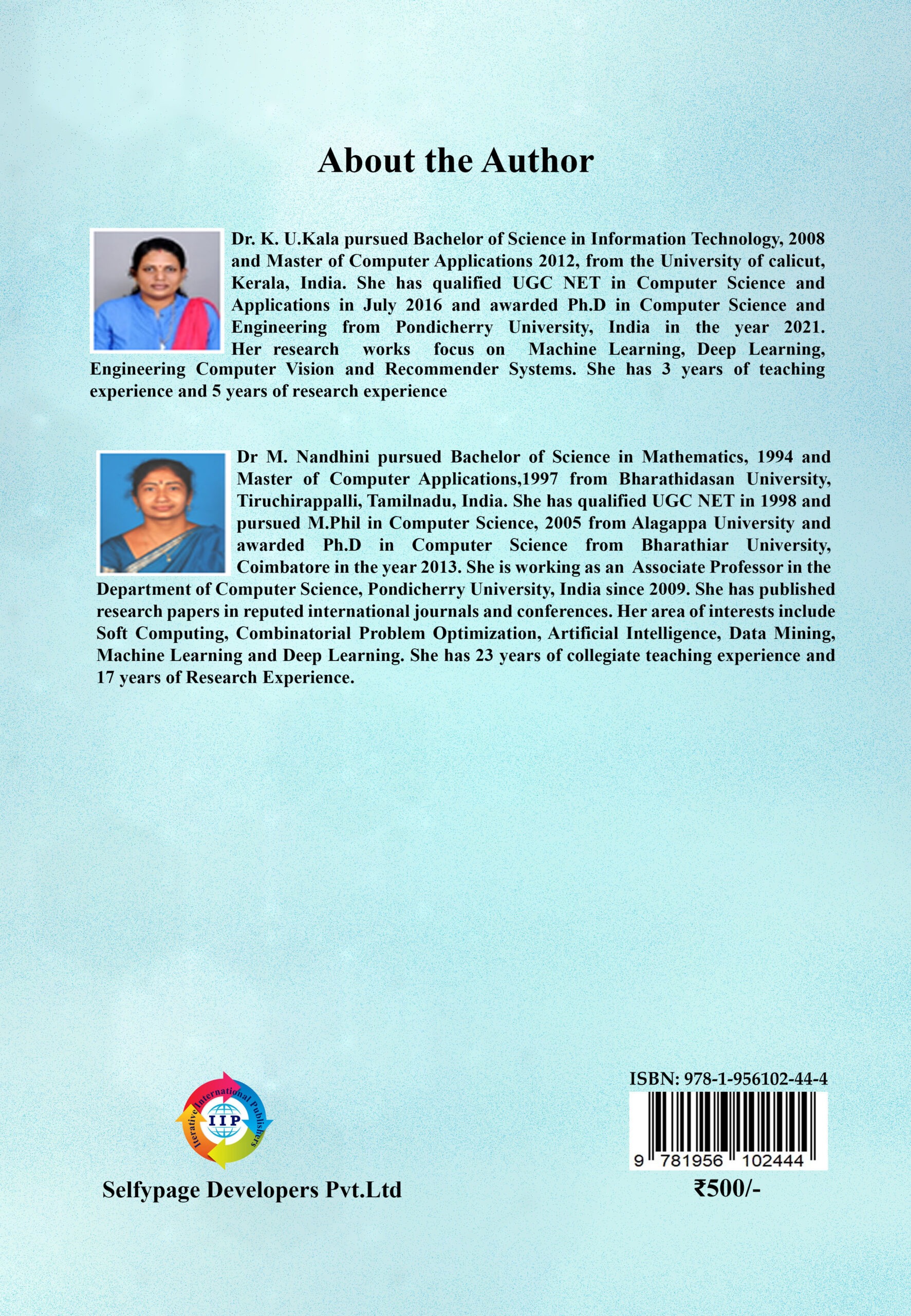
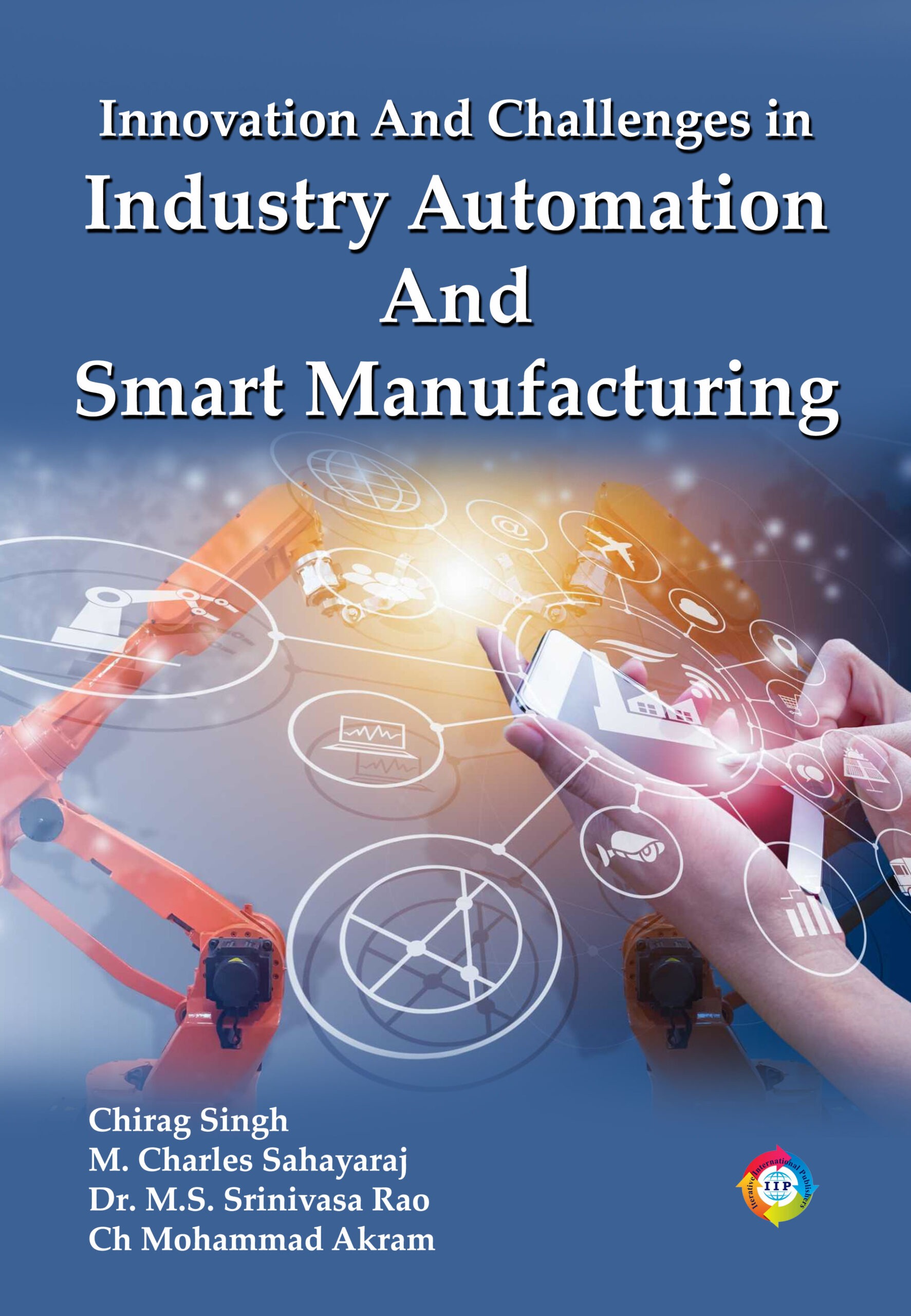

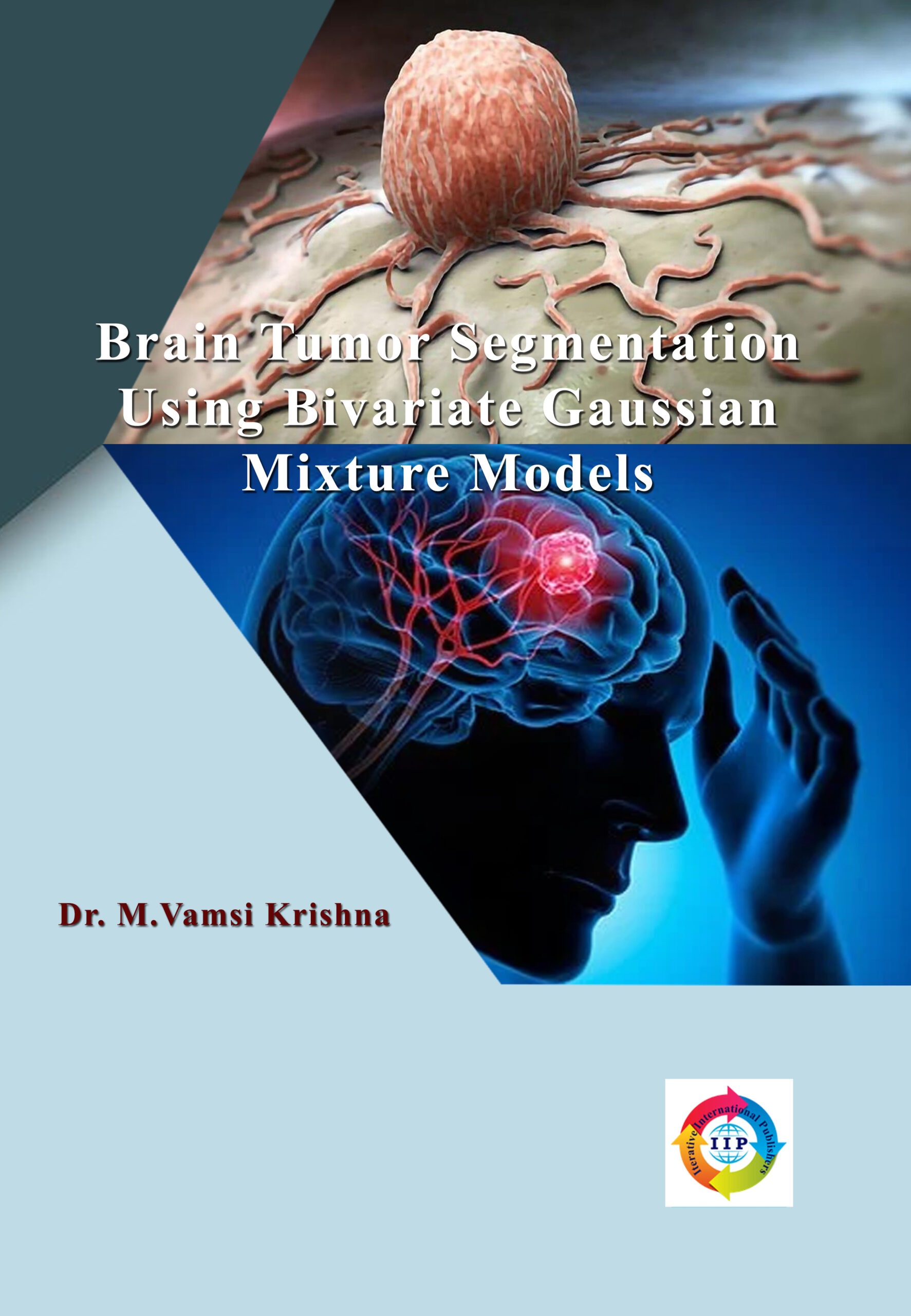
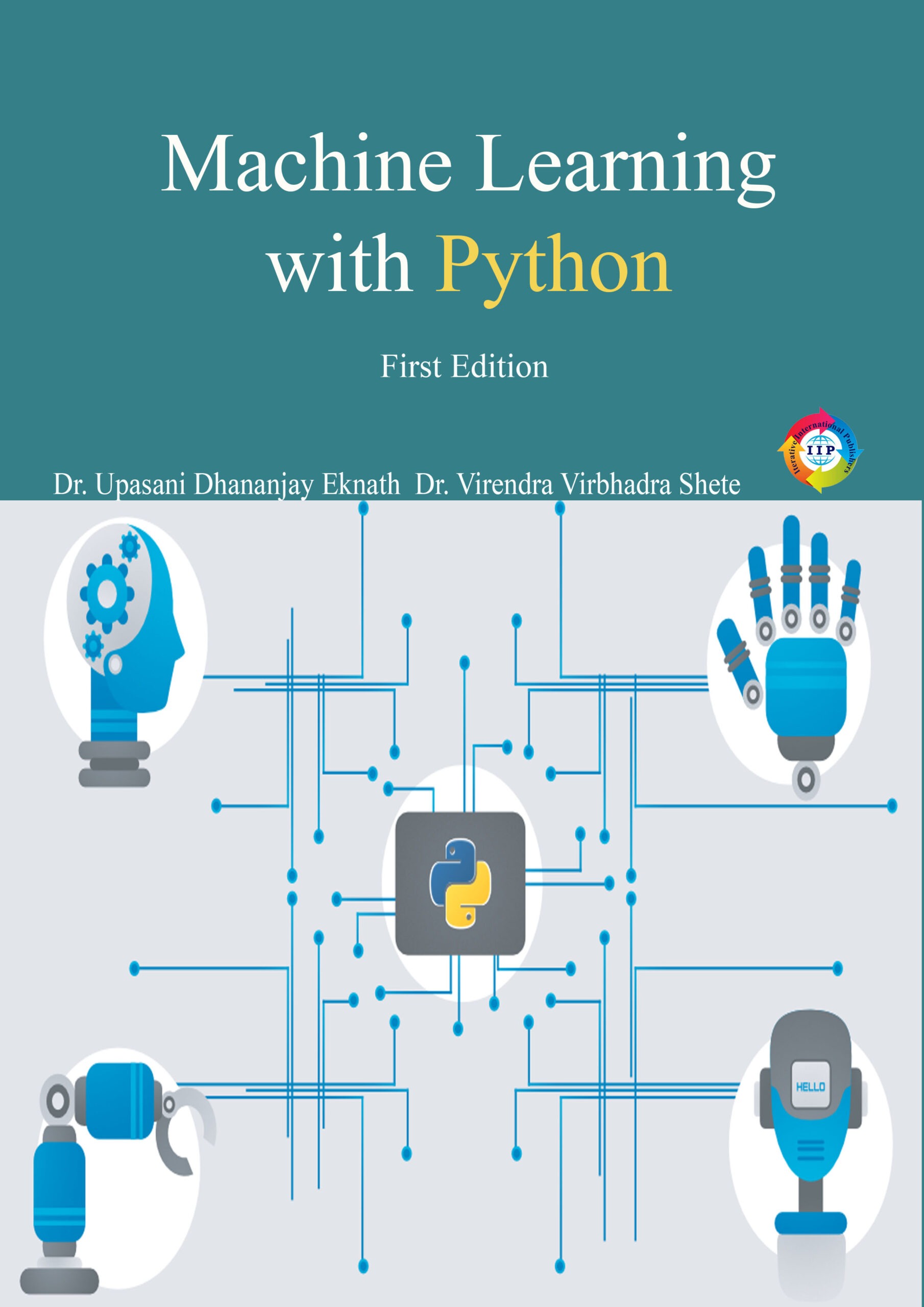
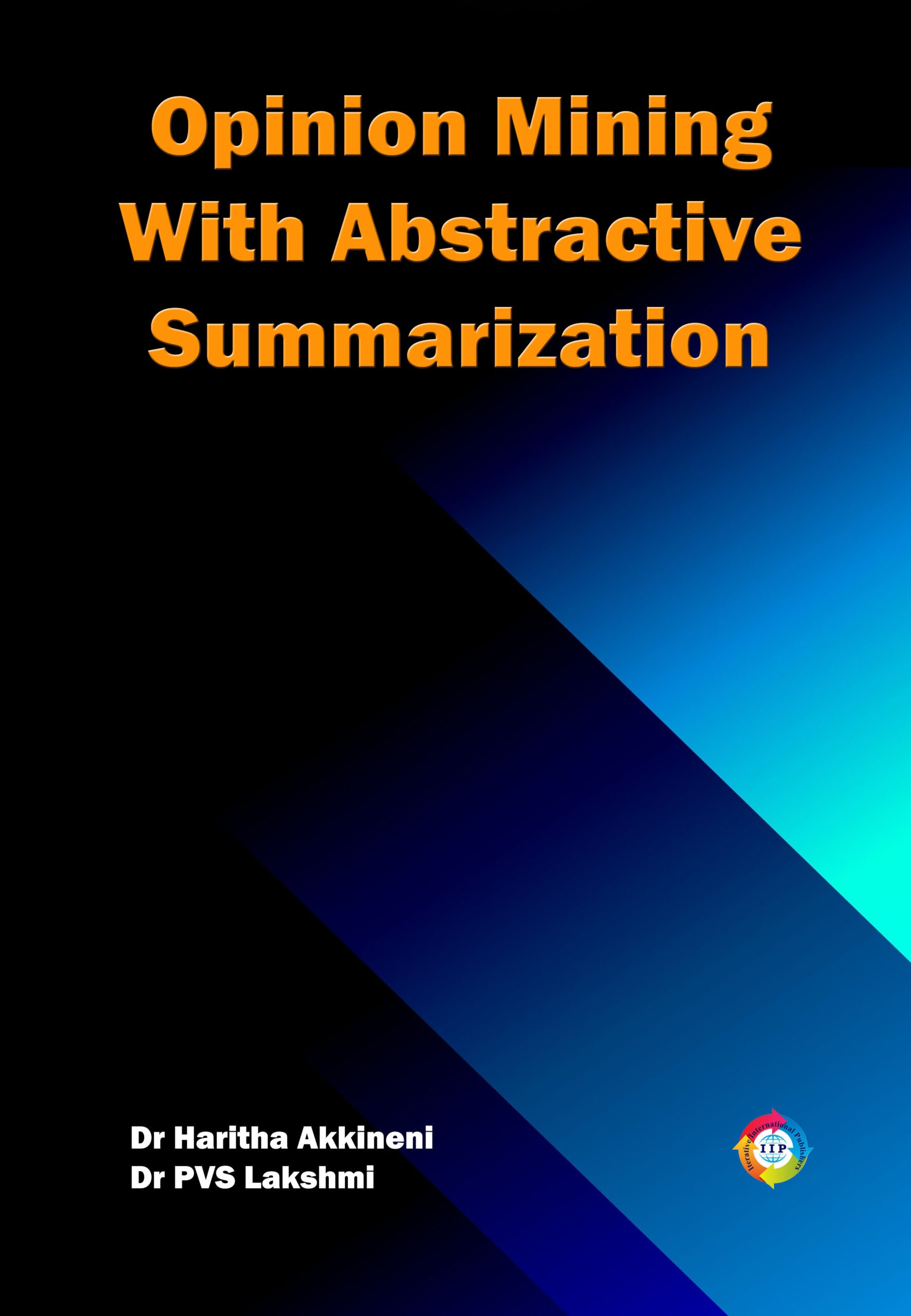
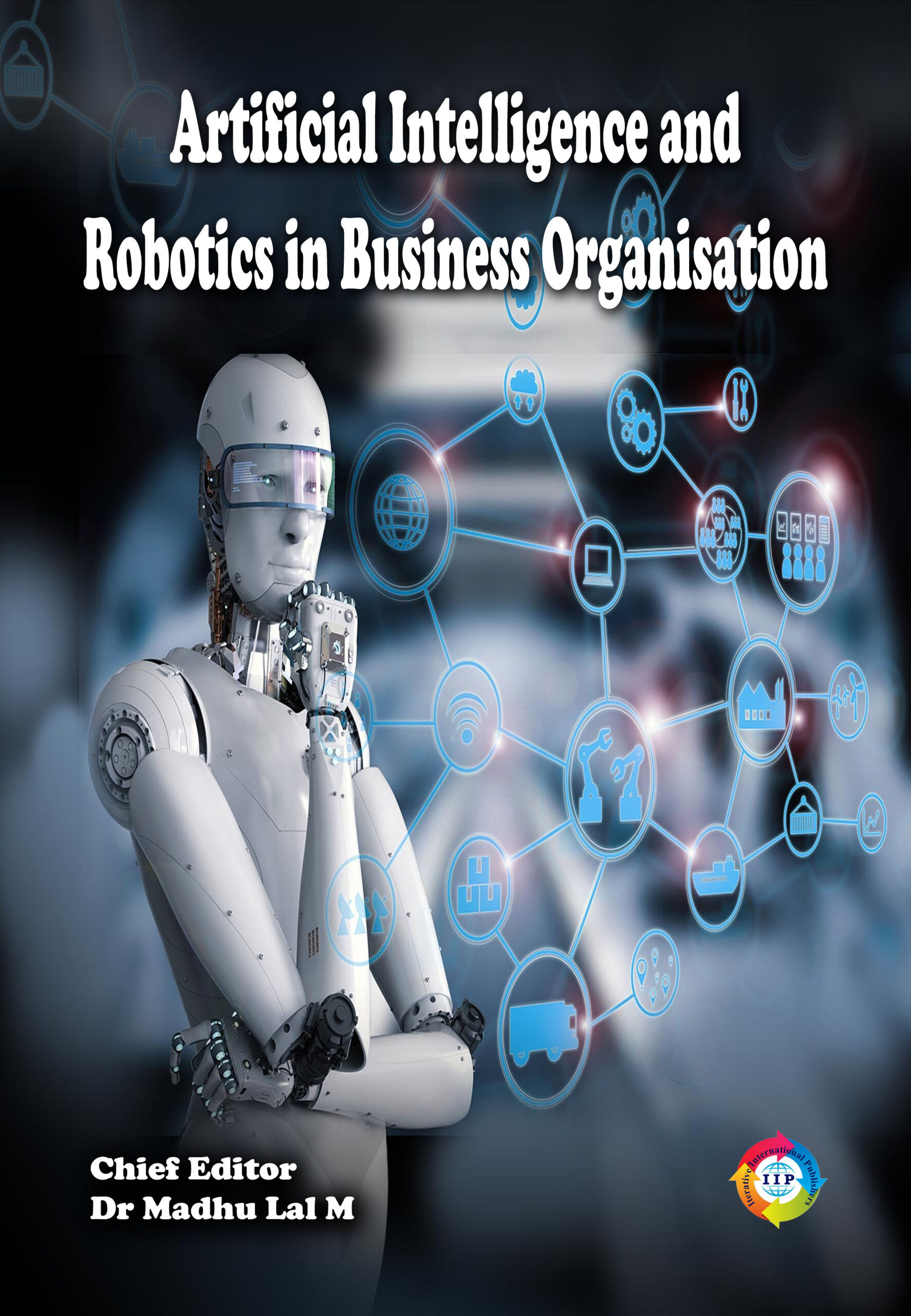
Reviews
There are no reviews yet.